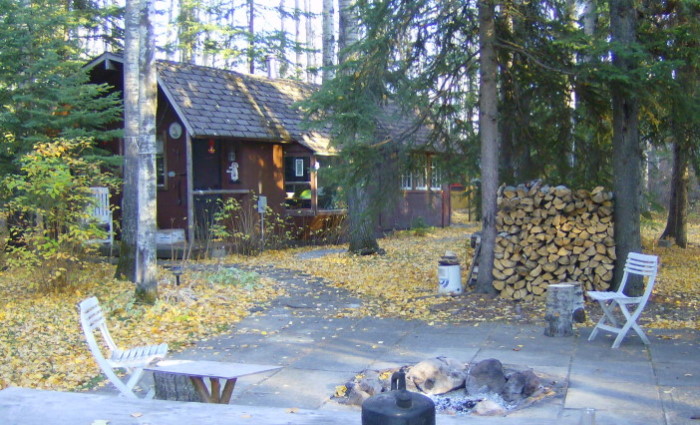Our 93-year-old friend is reading the book, Being Mortal (Atul Gawande).
“I’m trying to figure things out,” he says, smiling. “I’ve read it before,
as an outsider, but now, well…”
We talk about mortality over potato pancakes and garlic sausage.
Not many months ago his partner of 60-plus years died.
“I couldn’t read, I couldn’t concentrate, I sat in my chair
and looked out at the empty patio.
“I was prepared for M’s death, and still,
I was thrown to my knees.”
Not all of us get to prepare. My partner, Deb, knows about this.
Her first husband to a car accident
(when she was pregnant with her first child),
her father to suicide.
Just weeks ago, a dear friend lost a sister-in-law to a freak accident.
Plunged in, or pulled slowly under, grief is still grief.
“Lately I’ve been thinking about the astounding, what, luck? chance? fate?
well, just the infinitesimal odds of me, of any of us, getting to be here.
“I think about me and M, our parents, and theirs, down the line,
I think about the chance meetings over the span of centuries,
and I just get lost in it all.”
Our friend is a teacher, in the big sense, grounded by losses,
practiced in gratitude, the tough kind, the kind that
doesn’t necessarily make you feel better, the kind that knows
when to speak, and when the only useful response is awe
and silent wonder.
He lives in an assisted-living home,
filled with mortals on their way.
As he walks us down the hall, past the lounge, the dining hall
past the walkers and wheelchairs, past the pain and anguish
of dissolving bodies, past all the stories, all the songs,
it’s not hard to think about the midnight sky, ablaze,
and all the stars that have died,
but whose light we still see.
And what else to do in this sacred landscape but breath in as much sorrow
as you can take, and breathe out as much comfort and peace and love
as you can muster.
It’s true that dying is an individual journey, but it’s also true
that we’re in it together,
and that when we turn toward grief’s night, rest in its dim wilderness,
our eyes adjust, and there in the darkness
is a kind of transfiguring treasure, like a small warming fire,
with many friends sitting around.


Oh, Stephen. Once again you’ve brought tears. Good tears.
Thank you, Marcia.
beautifully written again brother. I too… just get lost in it all
Thanks so much, Joanne.
heartwarming and tender
Thanks for that Ananda.
This …
“it’s not hard to think about the midnight sky, ablaze,
and all the stars that have died,
but whose light we still see.”
Made me pause and go “hmmm”.
Will I be a star that has died, but whose light will still be seen?
Not that it will matter when I reach heaven, but it does make me wonder.
Thank you for the small, warming fire.
And thank you, Valerie, for reading and pausing and responding. Truly appreciated.
This is takes me home to that humanity we all share. Brava my friend.
Thanks for that, Lisa.
Exquisite as always. Thanks.
Thank you, Heather.
Loved the line about dying individually and we’re all in it together.
We go through life collecting losses – and they leave holes that can’t be filled, and we learn to live around them….
“…we learn to live around them,” I like that. Thank you, as always, Sam.
I’m awed by serendipity. Just moments before I read this posting, I had posted on my own blog a reflection on grief. Thank you for your thoughtful observations, so well phrased, as always. I was especially touched by the balance between loneliness and togetherness, both of which are part of grief. The image of sitting around the fire is perfect because that is where silence is safe and still part of being together.
Lovely, and thank you, Edna. (I’ll check out your post.)
Thank you for attempting to redeem “we’re all in this together.” Aren’t we all in assisted-living, with other mortals on their way?
This is about as stunning a poem as I’ve ever been gifted on the subject, maybe more poignant because I’m getting closer… and loss seems a long-time companion.
Deeply beautiful. Breathe in. Breathe out.
We are all, indeed, in assisted-living… And thank you so much, Joyce, for your kind words.